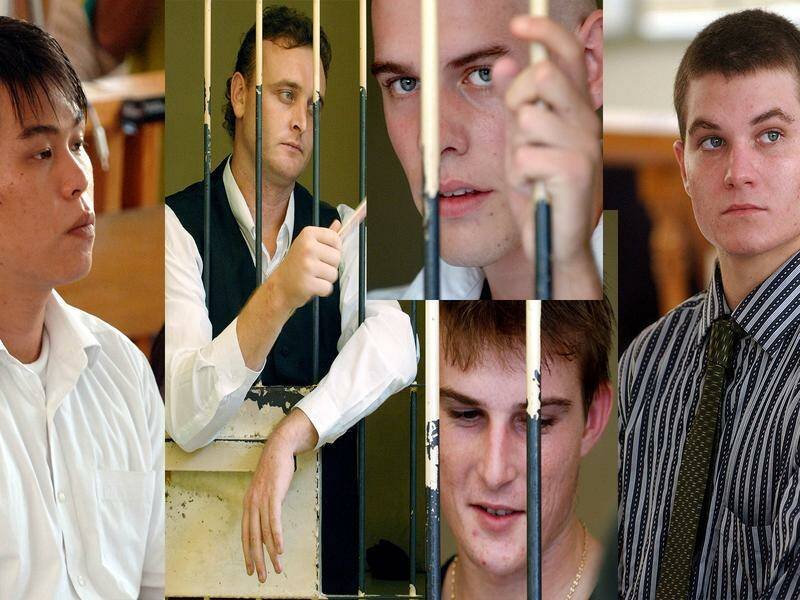
From Prison to Rehabilitation: The Return of the Bali Nine’s Final Five
Australia has announced that the five remaining members of the “Bali Nine” drug syndicate have returned home after spending nearly 20 years in Indonesian prisons. This development marks the conclusion of one of the most high-profile international drug smuggling cases in recent history.
Prime Minister Anthony Albanese shared the news on social media, stating: I am pleased to confirm that Australian citizens Si Yi Chen, Michael Czugaj, Matthew Norman, Scott Rush, and Martin Stephens have returned to Australia this afternoon.” He also expressed gratitude to Indonesia’s President Prabowo Subian for his compassion in facilitating their return.
The case became infamous worldwide after the two ringleaders, Andrew Chan and Myuran Sukumaran, were executed by firing squad in 2015. Their executions strained diplomatic relations between Australia and Indonesia, prompting Australia to temporarily recall its ambassador from Jakarta. Public outcry in Australia against the death penalty underscored the emotional and political ramifications of the case. The ambassador returned five weeks later, but the executions left a lasting impact on bilateral relations.
While the remaining members of the group received life sentences, the story continued to evolve. One member, Tan Duc Thanh Nguyen, passed away from cancer in 2018. Another member, Renae Lawrence, the only woman in the group, had her sentence reduced and was released in 2018 after serving nearly 13 years in prison for Bali Nine’s. Her release reignited public debate about the fairness and proportionality of sentencing in such cases.
Australia Welcomes Home the Last of the Bali Nine: A Legacy of Controversy and Change
The return of the Bali Nine’s marks a significant milestone in their lives. Australia’s government stated: The men will have the opportunity to continue their personal rehabilitation and reintegration in Australia.” It also conveyed “deep appreciation” to Indonesia for permitting their return on humanitarian grounds. The statement reflects a focus on providing support for their transition back into society, with an emphasis on rehabilitation and reintegration.
Australian broadcaster ABC reported that the men are now free to live without restrictions within Australian society. While some may welcome their return, others may view it as a moment to reflect on the consequences of drug-related crimes and the harsh penalties they attract in other jurisdictions.
The “Bali Nine” case has long drawn attention to Indonesia’s strict drug laws, which rank among the harshest in the world. The saga highlights the severe penalties for drug offenses in the region and underscores the importance of international cooperation in combating drug trafficking. The legacy of this case serves as a cautionary tale for those who might underestimate the risks of engaging in such activities, particularly in countries with stringent anti-drug policies.
Australia has announced that the five remaining members of the “Bali Nine” drug syndicate have returned home after spending nearly 20 years in Indonesian prisons Bali Nine’s. This development marks the conclusion of one of the most high-profile international drug smuggling cases in recent history.
Prime Minister Anthony Albanese shared the news on social media, stating: “I am pleased to confirm that Australian citizens Si Yi Chen, Michael Czugaj, Matthew Norman, Scott Rush, and Martin Stephens have returned to Australia this afternoon.” He also expressed gratitude to Indonesia’s President Prabowo Subianto for his compassion in facilitating their return.
The “Bali Nine” case first gained international attention in 2005 when nine young Australians were arrested in Bali for attempting to smuggle 8.3kg (18lb) of heroin out of Indonesia. Acting on a tip-off from Australian police, Indonesian authorities apprehended the group at an airport and a hotel in Bali. The arrests highlighted the cooperation between Australian and Indonesian law enforcement on Bali Nine’s, though it later sparked controversy over the severity of Indonesia’s drug laws.